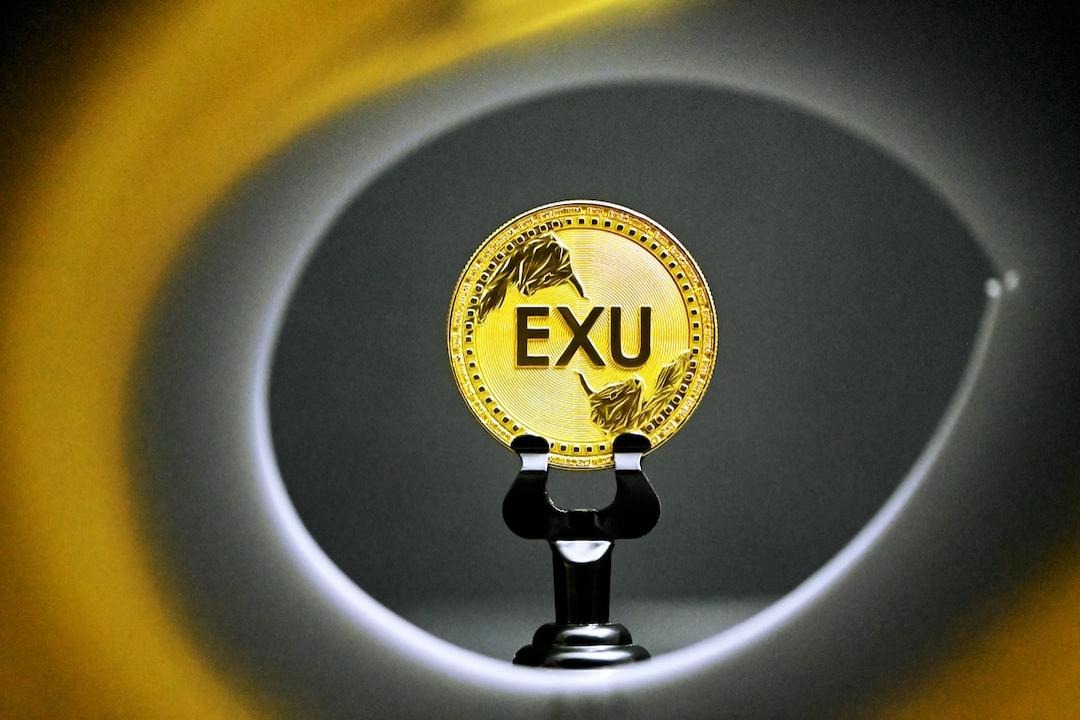Microsoft’s recent filing with the SEC has revealed an interesting proposal for its upcoming annual shareholder meeting. Among the routine items on the agenda, such as director elections and auditor ratification, is a proposal to assess the company’s investment in Bitcoin. Surprisingly, Microsoft’s board has recommended that shareholders vote against it.
Currently, Microsoft holds a significant amount of cash and equivalents, totaling $76 billion. If shareholders were to push for 10% of this to be allocated to Bitcoin, it would result in a massive $7.6 billion investment. At the current average price of $73,000 per Bitcoin, this would equate to approximately 104,109 BTC. While this would be a substantial amount, it would still be lower than MicroStrategy’s holdings of 252,220 BTC.
However, with the supply of Bitcoin decreasing and a large percentage of BTC remaining stagnant, a Microsoft acquisition of this magnitude could create a supply shock. The outcome of the shareholder vote in December will determine whether this investment becomes a reality, but the mere possibility has already caused waves in both corporate and crypto circles.
In the United States, shareholder votes in public companies like Microsoft are significant. While the votes on special proposals, such as the Bitcoin investment, are typically non-binding, they serve as a measure of shareholder sentiment and can influence the company’s actions if there is enough support. Although the board has advised against the Bitcoin proposal, the growing demand for Bitcoin from institutional investors cannot be ignored.
Reid Hoffman, a Microsoft board member and founder of LinkedIn, has expressed his positive views on Bitcoin in a recent interview. He sees Bitcoin as a digital store of value and believes it has the potential to reshape the future of financial systems. Hoffman’s support for Bitcoin is notable, as he is an early investor in Xapo, a significant Bitcoin custody services provider.
If Microsoft does decide to invest in Bitcoin, there are several options available. The company could directly purchase Bitcoin on regular exchanges, similar to Tesla’s approach. Alternatively, they could invest in a Bitcoin spot ETF, which provides indirect exposure to Bitcoin with added liquidity and regulatory clarity. This option avoids the custody risks associated with holding physical assets and allows for easier buying and selling.
Microsoft could also utilize leverage and derivatives, such as call options, to increase its market exposure without deploying a large amount of upfront capital. This would allow them to speculate on price movements and potentially amplify returns. However, it comes with additional risks due to the leveraged nature of these positions.
Overall, while it is unlikely that Microsoft will invest in Bitcoin in the near future, the pressure from shareholders highlights the appeal of Bitcoin and may encourage other companies to explore it as well.
Disclaimer: This article is for informational purposes only and should not be taken as legal or investment advice. The views expressed are solely those of the author and do not necessarily reflect the opinions of Cointelegraph.

